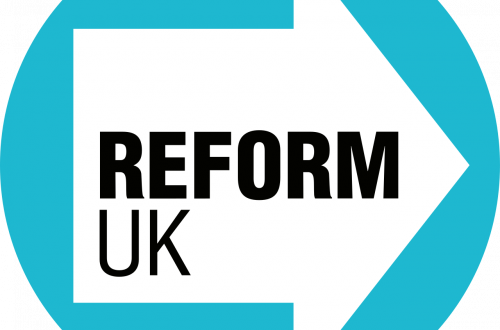This is a guest post by Mira Vogel
Women’s life choices blossomed after the 1967 Abortion Act was passed. At least a third of British women have taken advantage of this law by the time they are forty-five – you can read 166 of their stories on Pro-Choice Majority. We may be personally poorer than men but we have a sight lot more control over our lives than we used to. However, anti-abortion activists have rarely missed an opportunity to challenge these hard-earned rights, and consolidating and advancing them is an ongoing struggle. So far – most recently their defeat in the vote on the upper limit last May – anti-abortionists have been defeated. But it would be a mistake to suppose that such defeats translate into advances for women.
You may recall that the third reading of the Human Fertilisation and Embryology Bill was put on hold in the summer ostensibly as a result of “scheduling difficulties” but also in the shadow of the Glasgow East by-election and amid loud complaints from the anti-abortion contingent that they had been ambushed by pro-choice amendments. The rescheduled debate is upon us – the final Commons vote on this bill will take place on the afternoon of Wednesday 22nd October. Unsurprisingly, although there is much more to this bill than the issues around abortion, it remains a focus for anti-abortion activists who are doing all they can to throw obstacles between women with unwanted pregnancies and the abortions to which they are entitled.
A number of amendments to the 1967 Abortion Act have been proposed (look for the link to wade through Amendment Papers and Proceedings or see the helpful summary from Abortion Rights) which attack women’s existing rights, including enforced delays for ‘counselling’ and ‘cooling off’ and the approval of three doctors (up from two) for late abortions, which would affect women who were unaware that they were pregnant (menopausal women, women with chaotic lifestyles) and women who are in denial about being pregnant (frequently teens worried about telling their parents).
These regressive amendments fly in the face of last year’s Commons Science and Technology Committee review of the 1967 Act which supported the removal of the requirement for two doctors’ approval because of a lack of evidence evidence of its safety value, emphasised the detrimental impact of delays in access to abortion services (women currently wait three weeks), and assessed that trained nurses and midwives could safely carry out all early stage medical and surgical abortions. This is supported by the Royal College of Nursing, which is concerned about the stigma attached to abortion, and the Royal College of Obstetricians and Gynaecologists which argues “There are no other situations where either competent men or women require permission from two third parties to make a personal healthcare decision”.
Encouragingly there is also a large number of positive, pro-choice amendments to support (summarised on Marie Stopes):
- New Clause 1 & 13: Removing the legal requirement for two doctors’ signatures to authorise abortions which can delay and is clinically redundant.
- New Clause 2 & 14: Allowing suitably trained nurses and other health care practitioners to carry out abortions.
- New Clause 7 & 10: Extending the locations where abortions can take place to primary care level.
- New Clause 9: Allowing women the choice to be at home to complete early medical abortion. (see details below) .
- New Clause 11: Ensuring that anti-abortion organisations are transparent about their position when offering pregnancy “counselling”.
- New Clause 12: Clarify the limit of conscientious objection in respect of contraception provision.
- New Clause 30: Extending the 1967 Abortion Act to Northern Ireland.
However, we don’t know which amendments will be debated. They will be in a state of flux until the day of the debate – some being proposed, others being withdrawn or modified. Because there are so many, and because there’s a predetermined amount of time before the vote, it’s down to the Speaker to select and composite some and discard others. MPs won’t know what will be included until Wednesday morning. My MP isn’t confident that any of the amendments to do with abortion will be debated.
So the advances for women proposed by MPs from different parties, including Diane Abbott, Frank Dobson, Jaqui Lait, John Bercow and Evan Harris, may grind to a halt. This would be a great shame, because on abortion we are fighting just to stay still. Anecdotally, it seems that constituents with anti-abortion views are more likely to lobby their MPs than constituents who support women’s right to keep or advance the choices they have.
There are model letters to send them at Marie Stopes and Abortion Rights – you can contact your MP electronically via Write To Them asking them to keep up the impetus for liberalising abortion rights if the amendments above aren’t debated. Abortion Rights is organising a protest for a woman’s right to choose on Tuesday 21st October, 5.30pm onwards, Old Palace Yard, outside Parliament, St Stephen’s entrance.
UPDATE
Ministers who support a better deal for women seeking abortions will be scuppered when Harriet Harman invokes a rarely-used power to ensure that the amendments to do with abortion fall off the agenda in tomorrow’s debate. She will cite the need to keep focus on other aspects of the bill. It looks as if the debate will be reopened next year with a dedicated abortion bill.
More: The Mail and Polly Toynbee in The Guardian.


